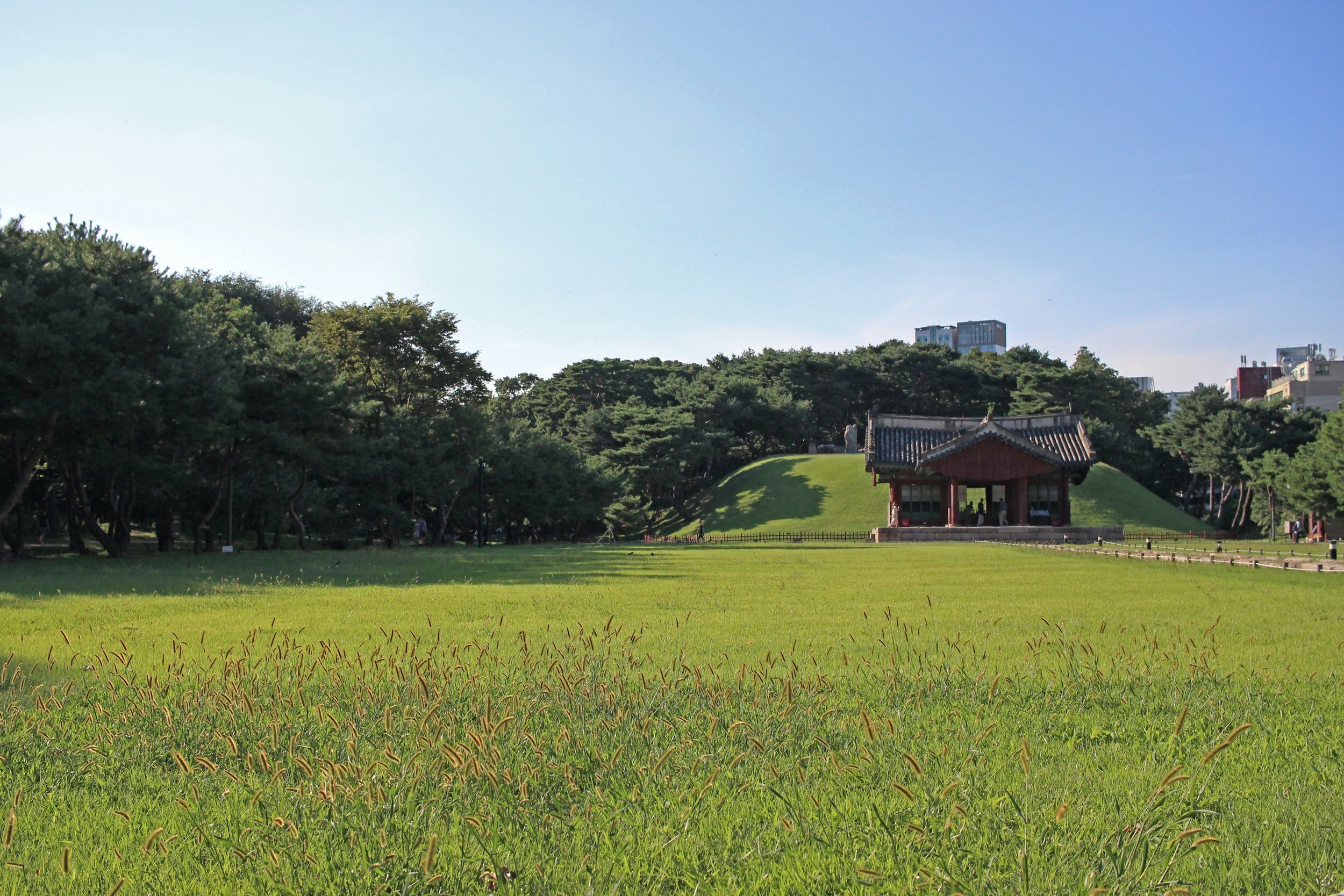
Welcome to the Chosŏn History Society
We are delighted to welcome you to the Choson History Society (CHS), a community dedicated to sharing knowledge of and fostering engagement with Korean history and culture. Since our founding, CHS has strived to create an inclusive, curated space for both academic and non-academic audiences to engage with Korean studies, and we look forward to working with you to help build and refine this space.
Our Journey
CHS was founded by Sixiang Wang and Nick Marceau in 2018, initially as a way for Nick and other lapsed Koreanists to remain abreast of developments in the field of Korean studies. What began as an informal space to stay connected has since evolved into an international, dynamic organization that brings together scholars, artists, antiquarians, and interested generalists from around the world. Now we are proud to have a diverse range of staff members from North America, Europe, Asia and Oceania.
Our Foundation
Our journey towards becoming a fully-fledged organization was made possible with the invaluable support of the Cambridge Institute for the Study of Korea (CISK). As a non-profit organization, CISK provided us with the structural foundation and legitimacy we needed to begin our mission in earnest. Their guidance allowed us to formalize our activities, enabling CHS to pursue its vision of promoting Korean history to a global audience.
Looking Ahead
As we move forward, CHS is actively preparing new initiatives that will extend beyond our established Zoom talks. Our upcoming programs will include initiatives to connect and empower young scholars entering the field, interviews and connections with professionals who have transitioned into complementary sectors, and providing opportunities to explore Korean studies outside of traditional academic avenues. These programs aim to engage a broader audience, offering insights into Korea’s history and culture while encouraging professional, interdisciplinary connections. We hope you will join us for this next exciting phase of our development.
Building a Community
The CHS community is uniquely positioned to bridge the gap between traditional academia and those who engage with Korean studies in non-traditional or independent capacities. Whether you are a student, a retired or otherwise lapsed academic, or simply someone with a keen interest in Korean history, CHS offers a space to learn, collaborate, and grow together in a respectful and curated manner.
Support Us!
To continue offering these innovative and engaging programs, we rely on the generous support of our members and the public. Donations are crucial for covering our operational costs, such as maintaining our website, Zoom subscriptions, and other essential services. Additionally, they help fund new initiatives that require substantial resources, such as expanding our programming and providing professional services. We invite you to support CHS by donating through our PayPal link, our website, or by scanning the QR code below provided. We are a California-based 501(C)(3) non-profit corporation, and all donations are acknowledged with full receipts.

